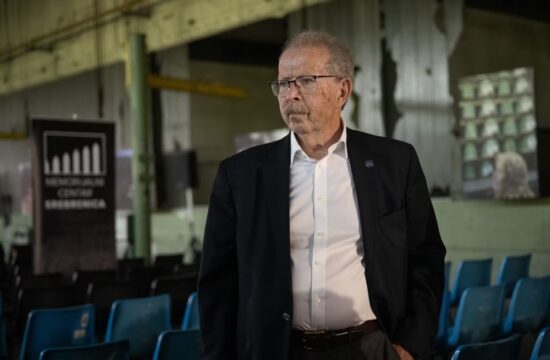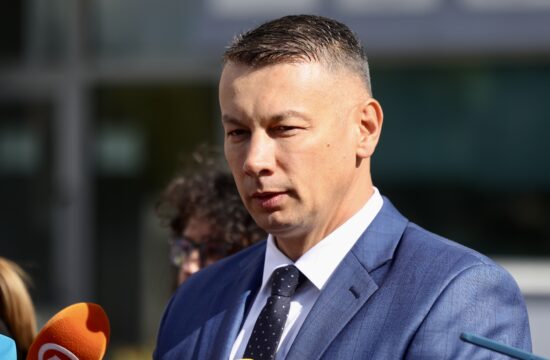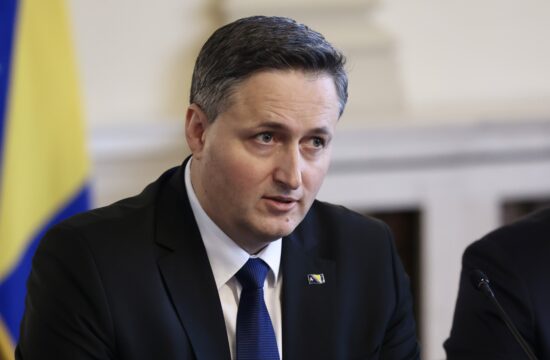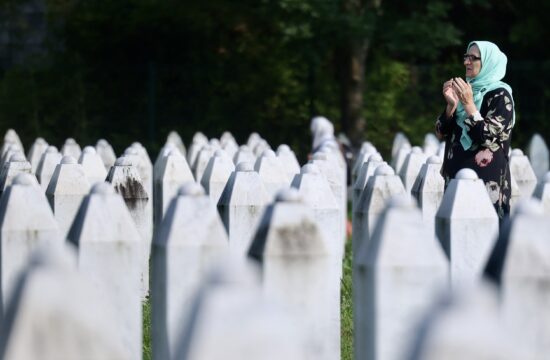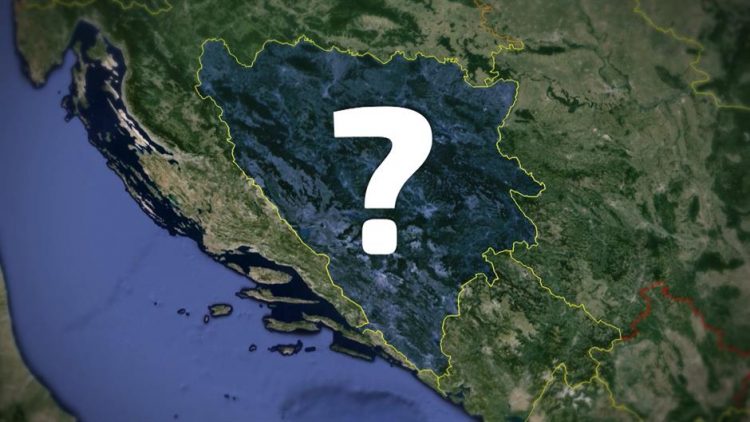
The Kremlin’s strategic objective in the Western Balkans is to block aspiring nations from joining the EU and NATO, reads the German Marshall Fund's analysis by David Salvo and Stephanie De Leon.
To stymie Bosnia and Herzegovina’s Western integration, Russia is destabilizing the country through a number of means: using local media to disseminate pro-Kremlin narratives; training a Bosnian Serb paramilitary unit; acquiring ownership in strategic industries; and, supporting politicians and groups loyal to Moscow and hostile to the EU and NATO.
In recent years, the authors say the Kremlin has amplified its propagandistic media in the Western Balkans, significantly targeting the ethnic Serb population not only in Serbia but also in Bosnia and across the region.
Republika Srpska (RS) entity President Milorad Dodik has been doing his utmost to undermine Bosnia’s Euro-Atlantic integration, Bosnia's state-level Government, and, potentially, Bosnia’s territorial integrity. For years Dodik has threatened to hold a referendum on the RS’ secession from Bosnia. Although he has yet to follow through, the mere idea of it is destabilizing for the country. Russian President Vladimir Putin has consistently supported Dodik.
RS President Milorad Dodik has been doing his utmost to undermine Bosnia’s Euro-Atlantic integration, Bosnia’s state-level government, and, potentially, Bosnia’s territorial integrity. For years Dodik has threatened to hold a referendum on the RS’ secession from Bosnia. Although he has yet to follow through, the mere idea of it is destabilizing for the country. Vladimir Putin has consistently supported Dodik.
The most recent revelation in the Dodik-Kremlin relationship is the existence of a Russia-trained paramilitary force resembling former Serb militias that were active during the Bosnian war.
The same day the Bosnian news website Zurnal published the report on the para-military forces in RS, Bosnian Security Minister Dragan Mektic confirmed to the local media that there was indeed a paramilitary force recruiting and operating in RS and that Bosnian intelligence and security services had been aware of their presence and activities.
Russian foreign investment and energy dominance in the RS is just as significant as its training of paramilitary forces and media influence. Moscow is the largest foreign investor in the RS, and Bosnia as a whole is completely dependent on Russian gas supplies, according to a report by the Center for the Study of Democracy. The same report also explains how Russian state-owned corporations, Gazprom especially, have prevented energy system integration between Bosnia’s two entities, the RS and the Bosniak-Croat Federation of Bosnia.
They say Moscow supports Bosnian Croat nationalism as well. For the last two decades, Bosnian Croats have called for the creation of a separate Croat entity within Bosnia; barring that, they have at least demanded more political autonomy within the Federation of Bosnia and Herzegovina (FBiH) entity, by successfully pushing for changes to Bosnia’s Election Law. Dragan Covic, the Croat member of the Bosnian Presidency and head of the Croatian Democratic Union (HDZ BiH), spearheaded these efforts on behalf of the Bosnian Croats.
“Despite their historical and political differences, Covic and Dodik are forming a political alliance in an effort to achieve their respective endgame. Each leader has something to gain from the other: Covic needs backing from Dodik for the creation of a Croat entity, however unlikely that may be, and Dodik, on the other hand, benefits from any political movement that weakens the central state”, the analysis says.
The Kremlin’s efforts to undermine stability in Bosnia and the principles of the Dayton Peace Agreement, which ended the war in Bosnia, by supporting nationalist politicians demonstrate the Russian government’s commitment to keeping Bosnia from fully integrating into the transatlantic community. With Russian support for separatist policies and even a Russian-trained paramilitary force operating at Dodik’s behest, Bosnia remains inhibited by ethnic tensions and political stagnation.
The Kremlin’s multi-pronged strategy to keep Bosnia unstable is a page out of its playbook in countries throughout the transatlantic community in an effort to undermine democratic governments and societies.
The Russian government also hopes that by waging influence operations throughout the West, Western governments, the EU, and NATO will be too distracted with their own problems to pay more attention to regions like the Western Balkans.

